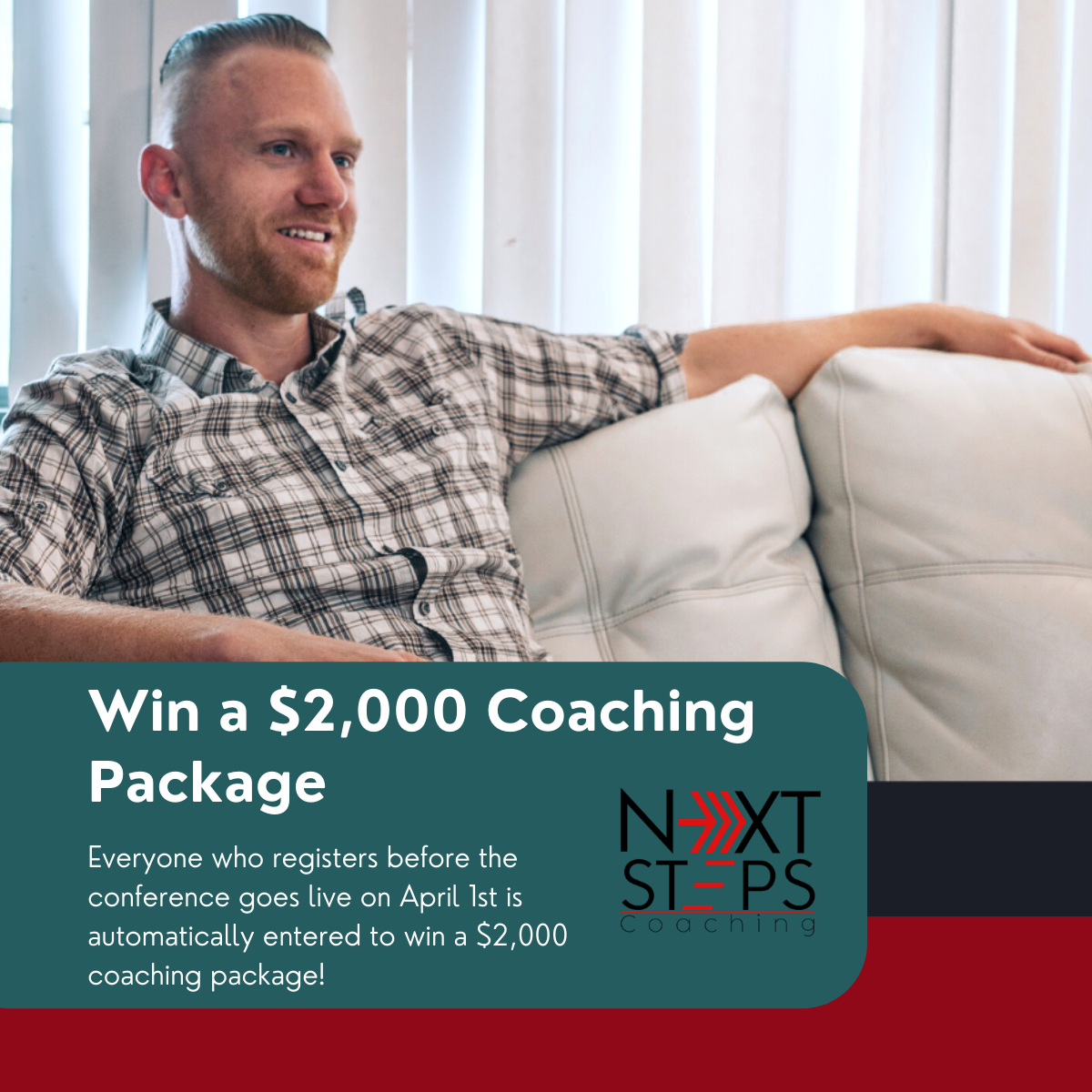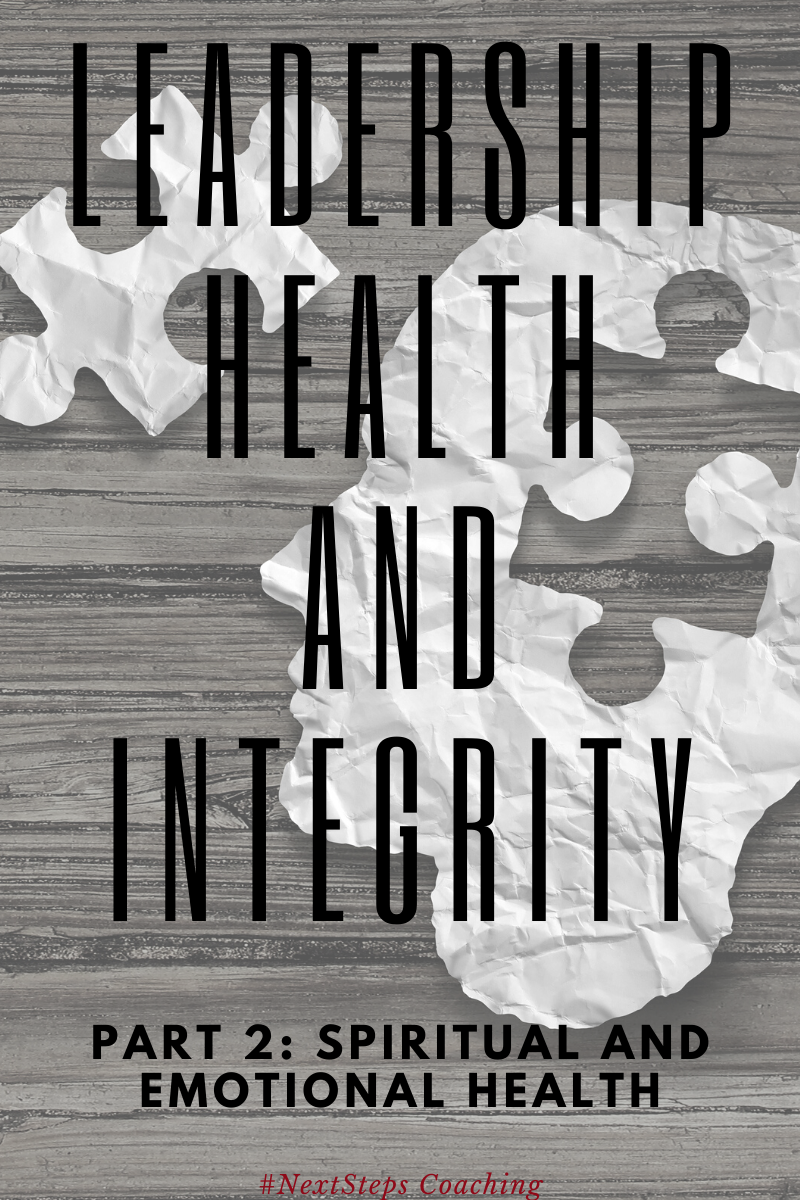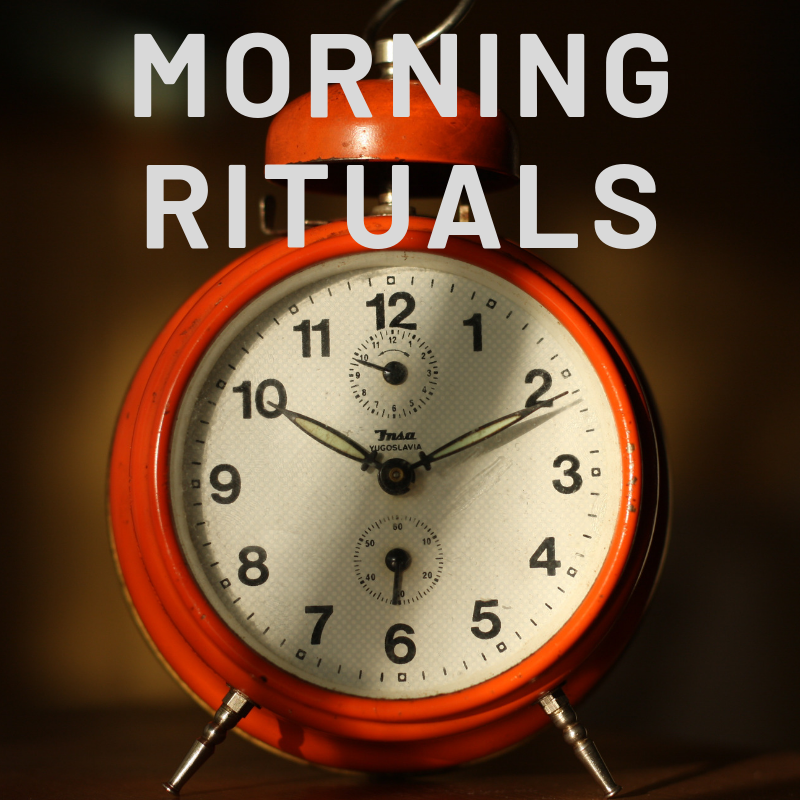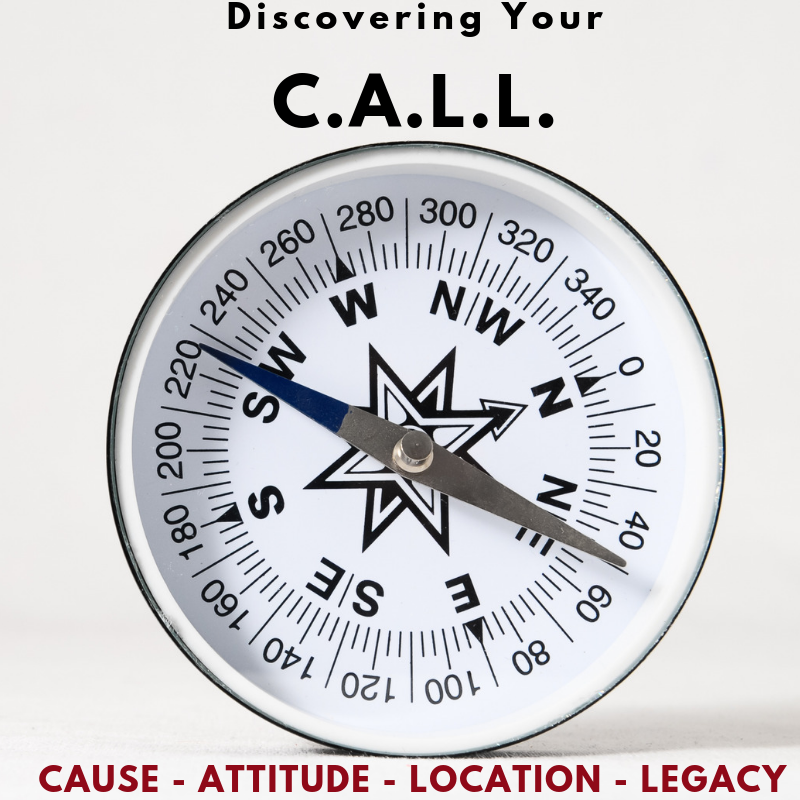
The Building With Purpose 2021 Overcomers Conference is just over two weeks away!
Behind the scenes, we have been busy preparing a fantastic conference and ensuring that you get the most out of it.
Now, I’m thrilled to share some of the amazing quotes and insights that have come out of the conference so far. Which one is your favorite?
All conferece attendes gain access to all four tracks of the conference. This year, we are covering:
- The Personal Health of the Leader
- Business Growth
- Business Operations
- Executive Leadership and Coaching.
Read below to find out more information on each track.
The Personal Health of the Leader
The Personal Health of the leader track focuses on ways to keep your body, mind and finances healthy.
- We talk with Dr. Hugh Beatty (The Wellness Doc) about his five pillars of health.
- Next, we speak with Ryan Wookey (The Sports Medicine Guy) about his life as the personal trainer for Korn and how to eat and move well, even when life gets crazy (like living on a tour bus for nine weeks).
- Finally, we talk to Dr. Scott Thor (Cornerstone Financial) about the blend between personal financial health, employee engagement, and process improvement. Scott has saved his clients more than $150 million dollars and can help you do the same.
Building With Purpose 2021: Overcomers Conference
The Personal Health of the Leader








Business Growth
In the Business Growth section, we talk about what you need to do to tap into new markets and sources of funding.
- Vikram Deol talks about how to use your personal story and times of adversity to sell millions of dollars of product by connecting with people.
- Michael Roberts shares how he grew his business into new markets, even during the pandemic, by offering a service no one else was.
- Dr. Chris Brooks shares his story and how he went from prison to the head of a venture capital firm that is closing $50 million in funding this quarter.
Building With Purpose 2021: Overcomers Conference
Business Growth








Business Operations
In the Business Operations section, we talk about the people side of the business.
- Dr. Juanita Webb walks us through everything you need to know about HR, and why compliance matters.
- Leah Zimmerman helps family run businesses work through problems of succession and conflict through clear communication. She’ll do the same for you and demonstrate how you can transform conflict into your greatest opportunity.
- Sally Thoun talks about web design, compliance, and accessibility. Having an ADA compliant website is a $490 Billion dollar a year opportunity (that most businesses are missing out on). Learn why (and how!) to stay compliant and relevant to all your customers.
Building With Purpose 2021: Overcomers Conference
Business Operations








Executive Coaching and Leadership
We wrap up the conference with our Executive Coaching and Leadrship track.
- Mark Heydt talks about burnout in high achievers and why NOW is the time to invest in their full potential (and what happens when you don’t!).
- Micaeh Tice talks about self-care. You can only care for others when you first care for yourself.
I’ll wrap up the conference talking about sustained high-performance and give you the tips and tricks you need to stay at your best.
Building With Purpose 2021: Overcomers Conference
Executive Coaching and Leadership








Building With Purpose 2021: Overcomers Conference
Attending the Conference is simple.
The conference goes live on April 1st, so don’t delay. All pre-registrants are automatically entered into a drawing to win a $2,000 coaching program with me.
Have questions? Email me directly.










